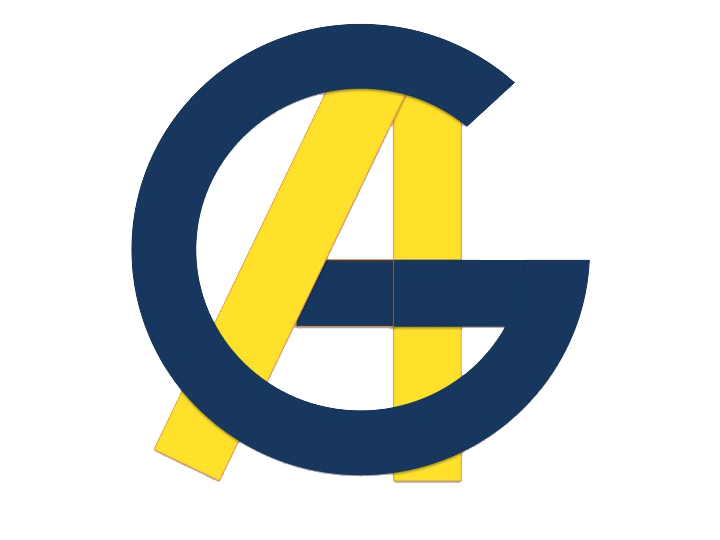6410 W. Gulf To Lake Hwy
Crystal River, FL 34429
352-563-2450
3653 E. Forest Drive
Inverness, FL 34452
Note: Please call during open hours to make appointments or submit information here, allow up to 48hrs for calls/messages to be returned.
Opening Hours:
MON 8:00am – 4:00pm
TUES 8:00am – 4:00pm
WED 8:00am – 4:00pm
THUR 8:00am – 4:00pm
FRI 8:00am – 4:00pm
SAT/SUN CLOSED
Peptic Ulcer
What is Peptic ulcer disease?
Ulcer is a disruption of the mucosal integrity of the stomach and/or duodenum leading to a local defect or excavation due to active inflammation. Ulcers occur within the stomach and/or duodenum and are often chronic in nature. Acid peptic disorders are very common in the US, with 4 million individual affected per year.
Most common causes: a) H. Pylori infection
b) NSAIDs
c) Acid hypersecretory states
d) Smoking
e) Alcohol and coffee
f) Other potential but unproven include emotional
stress, and dietary factors.
What are the symptoms?
-
Epigastric pain- Aching or gnawing in nature, Nocturnal symptoms and the effect of food on symptoms are variable.
-
May be complicated by upper GI bleeding.
-
Other symptoms: Nausea/vomiting, early satiety and weight loss
How to diagnose?
Endoscopy: Most accurate testing in diagnosis ulcers, essential in diagnosis of gastric ulcers because biopsy is necessary to rule out malignancy. Preferred when severe or acute bleeding is present. Can obtain endoscopic biopsy for diagnosis of H. Pylori.
What are the treatments?
-
Medical- Majority of patient with PUD can be successfully treated by curing H. Pylori infection, avoidance of NSAIDs, and appropriate use of anti secretory drugs.
-
Acid suppression therapy- a) H2 receptor blockers(famotidine, cimetidine)- Block histamine-based parietal cell acid secretion. Accelerate healing of ulcers.
-
b) PPI’s (Omeprazole, pantoprazole)- block H+/K+ATPase pump directly in parietal cell membrane. Most effective anti secretory agents.
-
-
Supportive treatment-
-
Discontinue aspirin/ NSAIDs
-
If the patient has an active NSAID’s induced ulcer, stop NSAIDs. PPI’s for 8-12 weeks.
-
-
Restrict alcohol use
-
Stop smoking, decrease emotional stress
-
Avoid eating 3hrs before bedtime
-
Decrease coffee intake
-
-
If H. Pylori positive- eradication therapy with triple or quadruple therapy.
-
Surgical- Rarely needed electively, required for the complications of PUD ( bleeding, perforation, gastric outlet obstruction).
